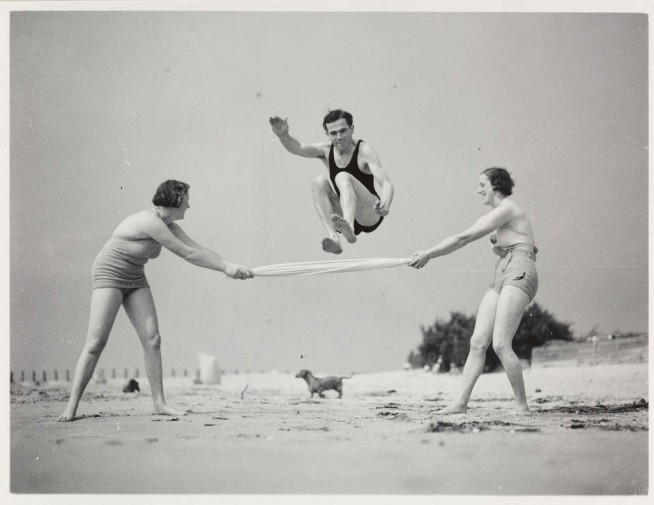I have had a lot of positive experiences with exercise. I’ve done things I never knew were possible, like running a marathon. I’ve known the joy of being fully present in the moment, awake and mindful as I’ve searched for the next step on the trail. I’ve felt the endorphin rush, the raised self-esteem, and the proud feeling of being comfortable in my own skin. Exercise often takes me to nature, which is my favorite church. I feel connected to myself and to my surroundings in a way that I just can’t experience on the couch.
I have also experienced perfectionism corrupt this mechanism for health and wellness. I have experienced the voice that calls me fat and tells me that I had better get to the gym. I often want to rebel against exercise at these times, as it feels like punishment. It acts like a drill sergeant standing over me, saying it’s not ok to be me, in this body, exactly like I am, and I don’t want to collude with that nasty message. In this context, working against the prompt to exercise feels like self-care. By not dragging myself to the gym, I am working on accepting myself wholly, disengaging from the message that I need to be perfect.
Do you identify with this conundrum?
How do we love the bodies we are in, even as we step into exercise that might be aimed at toning those abs?
How do we stop comparing ourselves to billboards and step into our bodies in a way that embraces, nourishes, and frees them from hatred and perfectionism?
How do we take back movement as a vehicle for pleasure, because it feels good just to move, whether we transform our butts or not?
I don’t have a perfect solution to this problem of perfectionism, but just for today, I aim to accept the complexity of it.
@Ingrid_Mathieu (Click to Tweet!)
I hope to remind myself that if I am willing to move my body, I will appreciate the immediate results of stress release, raised mood, or just knowing that I did something good for myself, which is a much better focus than how I want exercise to transform me (and getting hopeless when it doesn’t work in three days).
I want to find ways to have fun with movement, to take it less seriously, and to return to play. Maybe I don’t have to train for a marathon today. Maybe taking a walk after dinner would feel good. Maybe I don’t have to have an overly scheduled routine, where one misstep derails the whole darn thing. Maybe I can change my mind when I was planning on going to yoga and decide to do some stretching at home instead. And maybe it’s okay that perfectionism tries to rob me of all this. Perhaps I can practice detachment and even accept that I might always be on this pendulum swing. Even this process can be imperfect, just like the exercise itself.
How do you sustain a commitment to exercise without getting caught up in perfection? How do you work with the perfectionistic parts of yourself without needing to rebel (and becoming just as rigid on the other end of the spectrum)?
I’d love to hear your thoughts in the comments section. And if anyone knows of a fun dance class for non-dancers, I’d welcome the suggestion!
Ingrid Mathieu, Ph.D. is a clinical psychologist and author of Recovering Spirituality: Achieving Emotional Sobriety in Your Spiritual Practice. For more on Ingrid and her daily inspirations on achieving emotional sobriety, visit her website and follow her on Facebook.
Image courtesy of The National Media Museum.












